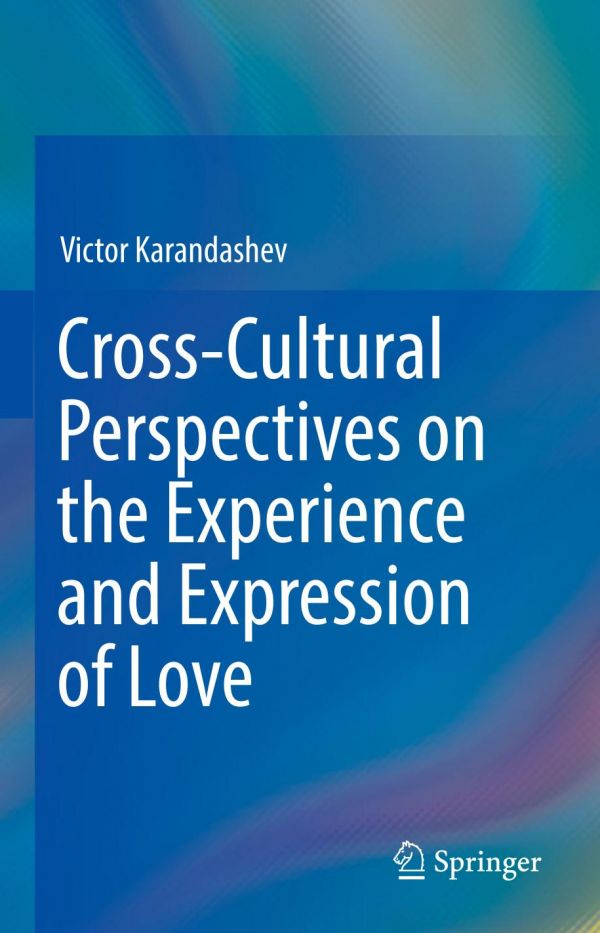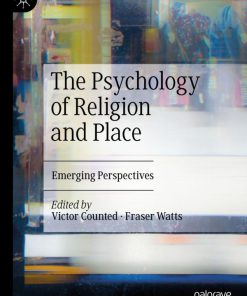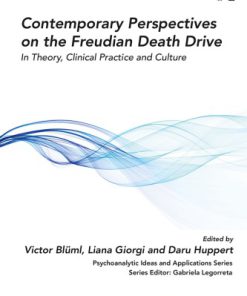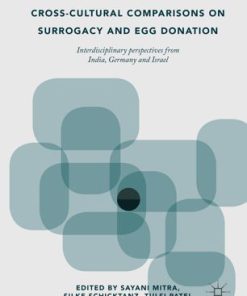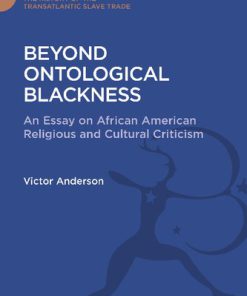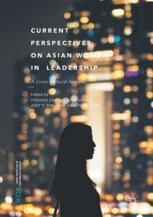Cross Cultural Perspectives on the Experience and Expression of Love Victor Karandashev
$50.00 Original price was: $50.00.$25.00Current price is: $25.00.
This completed downloadable of Cross Cultural Perspectives on the Experience and Expression of Love Victor Karandashev
Instant downloaded Cross Cultural Perspectives on the Experience and Expression of Love Victor Karandashev pdf docx epub after payment.
Product details:
- ISBN-10 : 3030150216
- ISBN-13 : 978-3030150211
- Author: Victor Karandashev
1. Cross-cultural comparison of love concepts and their cultural connotations
Several types of love are to be distinguished for adequate cross-cultural comparison of love. Passion is a salient feature of romantic love, but not the only one. Romantic love engages strong affection and preoccupation with love, idealistic attitude toward a partner and relationship. Is romantic love universal across cultures? Some scholars once believed that romantic love is a Western concept that was not indigenously present in other cultures and was brought by Western civilizations. However, the research findings of recent decades convinced that romantic love – at least passionate love – is a universal phenomenon with its various occurrences in many cultures. Cross-culturally, conceptions of passionate love appear to be surprisingly similar, yet with evident culturally specific definitions of romantic love. Culture is what transforms passionate love into romantic love. Cultural values and traditional behaviors influence the expressions and experiences of love and transfer passionate love as primarily based on a sexual attraction into romantic love as idealized and culturally affected way of loving. Theoretical background and interdisciplinary approach to the concept of romantic love will be set up in this chapter.
2. Evolutional or cultural?
This chapter compares an evolutional approach to study of love with a cultural one. Evolutionary psychologists contend that passionate love is innate in human nature and is based on biological processes that are universal, applying to people of all cultures. Neuroscience provides strong evidence of this. Does culture still matter? Biology and culture interact generating a complex nature of love. Passion is universal and based on biological principles of sexual selection, while romance is culturally specific and based on historical and cultural traditions.
3. Love experiences and love expressions: Cross-cultural comparison
Multiple studies convince that love is a universal human emotion that can be experienced and expressed in multiple cultural forms. The world’s cultures differ in several cross-culturally related concepts: collectivism or individualism, independence or interdependence, modernism or traditionalism, urbanism or ruralism, affluence or poverty. The studies show that these factors affect the cultural differences in experience and expression of romantic love. What about expressions of love? Does a passionate and energetic Latin lover love more intensely than a quiet and reserved Nordic lover? Or do they just express their emotions differently? American culture, for example, stresses the importance of verbal expression of love to another. However, straight expression of love is not always necessary because some things can be implicitly interpreted and understood without words. In Filipino families, for example, the verbal expression of love is much more reserved for special occasions. They do not find it essential to express love in overt ways because it can be construed as excessive and showy. The chapter will present a variety of research findings supporting the diverse expressions of love.
4. Cultural factors affecting romantic attraction, development, maintenance, and dissolution of love
This chapter will review cultural factors influencing interpersonal attraction (including personality, context, and values) and cultural mediators of attraction, development, maintenance, and dissolution of a romantic relationship (including issues of intimacy, fidelity/infidelity, poaching, and jealousy). How culture affects relations between love, sex, and marriage? Romantic love is the form of love that is most salient in public view. It has different subcategories; some of them are related to sexual love. Sexuality a
Table of contents:
1. Love in the Cultural Context of Emotional Life
2. Conceptions of Love Across Cultures
3. Passion of Love, Erotic, and Sexual Experience
4. Idealization and Romantic Beliefs in Love
5. Love as Joyful and Powerful Experience
6. Maladaptive Experience of Love
7. Love as Commitment
8. Love as Union and Affiliation
9. Rational Love
10. Love as Respect, Admiration, and Submission to a Partner
11. Love as Benevolence
12. Love as Intimacy
13. Love as Dependency, Attachment, Trust, and Honesty
14. Reviewing the Past and Projecting the Future of Cross-Cultural Love Research
People also search:
human rights in cross-cultural perspectives a quest for consensus
childbirth and authoritative knowledge cross-cultural perspectives
explain the cross-cultural perspectives on health
decolonization in practice reflective learning from cross-cultural perspectives
You may also like…
Relationships & Lifestyle - Psychological Self-Help
The Psychology of Religion and Place: Emerging Perspectives Victor Counted
Politics & Philosophy
History & Research
Relationships & Lifestyle - Health - Diseases & Disorders
Politics & Philosophy
Psychological Perspectives on Reality, Consciousness and Paranormal Experience Tony Jinks
Politics & Philosophy
Cross-Cultural Comparisons on Surrogacy and Egg Donation Sayani Mitra
Politics & Philosophy - Social Sciences
Politics & Philosophy - Social Sciences
Current Perspectives on Asian Women in Leadership: A Cross-Cultural Analysis 1st Edition Yonjoo Cho
Education Studies & Teaching


